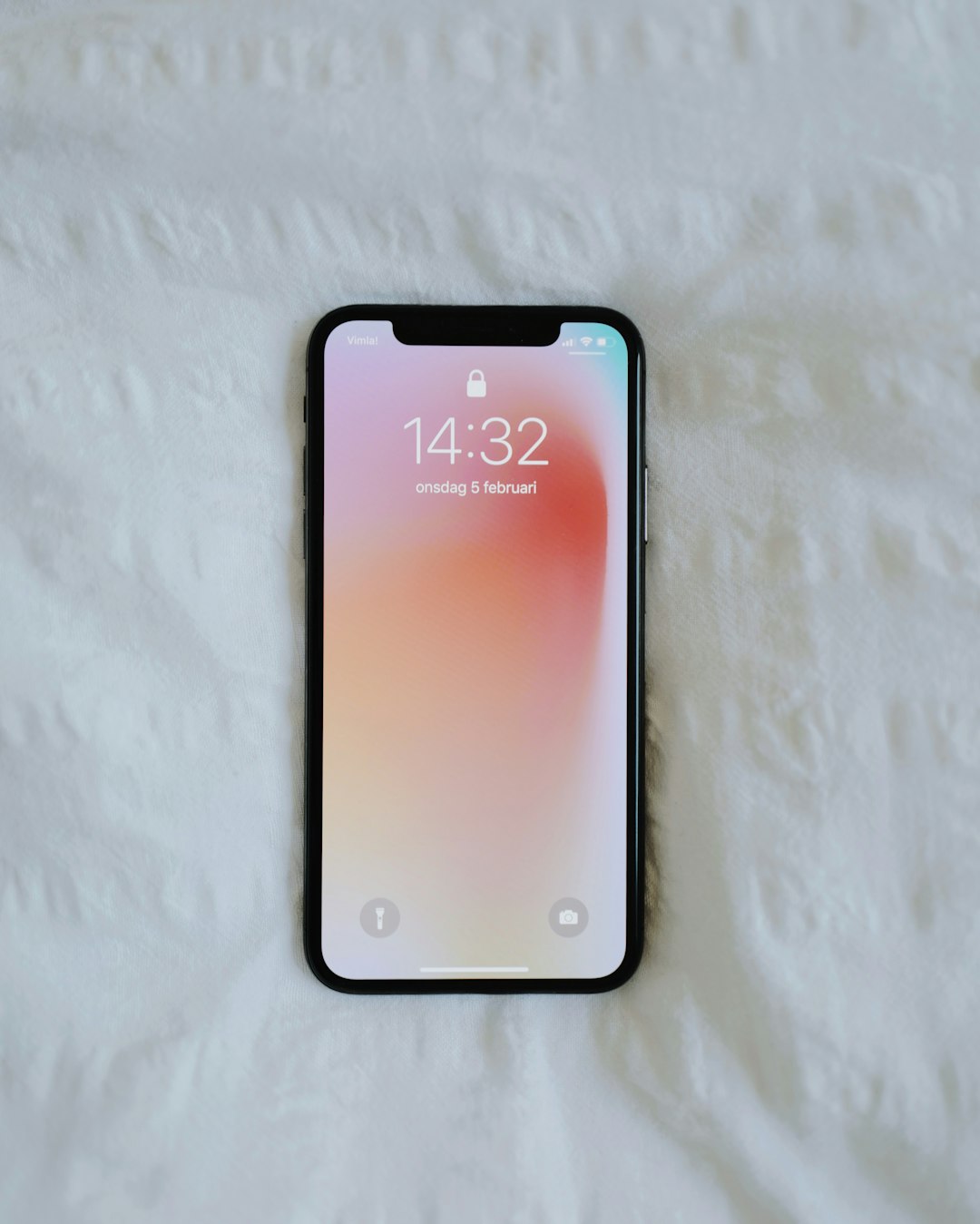The COVID-19 pandemic accelerated digital transformation in telemarketing, with businesses adopting advanced analytics, automation, and virtual interactions. While this enhanced customer experience, it raised privacy concerns. Post-pandemic, Philadelphia has seen a surge in spam calls from scammers exploiting uncertainty. Local spam call attorneys play a crucial role in combating these illegal practices, providing legal recourse for consumers and educating them about their rights. With remote work on the rise, strict FCC regulations aim to curb abusive telemarketing tactics, emphasizing the importance of consumer protection and privacy.
“Post-COVID-19, the world witnessed a rapid digital shift, particularly in telemarketing practices. This article delves into the evolving landscape of telemarketing in Philadelphia, exploring its adaptation during and after the pandemic. With a focus on consumer protection, we analyze the rise in spam calls and their legal implications, highlighting the need for attorney involvement. Furthermore, it discusses strategies to rebuild trust, presents future trends, and predicts challenges ahead for this dynamic industry, all while incorporating relevant SEO keywords like ‘spam call attorney Philadelphia’.”
The Shift to Digital: How Telemarketing Adapted Post-Pandemic

The COVID-19 pandemic forced businesses worldwide, including telemarketing companies in Philadelphia, to swiftly adapt their practices and embrace digital transformation. As physical interactions became restricted, the industry experienced a significant shift towards online and remote working models. This change was not just about survival but also an opportunity to enhance customer engagement while ensuring compliance with new health and safety regulations.
Post-pandemic, telemarketing has evolved, becoming more sophisticated and targeted. With advancements in technology, companies can now leverage data analytics and automation tools to refine their strategies. The rise of digital platforms enabled efficient virtual interactions, reducing the reliance on physical offices. This transformation also led to a decrease in traditional spam calls, as businesses focused on personalized and consent-driven marketing approaches. A notable trend is the increased use of video conferencing for sales pitches, allowing for more immersive and interactive customer experiences, even at a distance.
– Exploring the rapid digital transformation in telemarketing strategies during the pandemic.

During the COVID-19 pandemic, telemarketing practices underwent a rapid digital transformation as businesses adapted to new realities. With physical interactions becoming limited, many companies embraced technology to continue engaging with their customer base. This shift led to innovative strategies such as personalized video messages, interactive voice response systems, and an increased reliance on data analytics for targeted marketing. In Philadelphia, where the legal landscape includes stringent regulations against spam calls, telemarketing firms had to be particularly mindful of compliance. The rise of digital tools also prompted a greater focus on customer privacy and consent management, with businesses investing in sophisticated software to ensure ethical practices.
This new era of telemarketing required a balanced approach—retaining personal connections while leveraging the advantages of digital transformation. As the pandemic subsided, companies that successfully merged these elements found themselves better equipped to meet evolving consumer expectations. The experience highlighted the importance of adaptability and technology in shaping effective, yet compliant, telemarketing practices, especially for those seeking to avoid legal repercussions from spam call attorney Philadelphia.
Spam Calls on the Rise: Legal Implications and Consumer Protection

Since the COVID-19 pandemic, there’s been a significant surge in spam calls targeting Philadelphians. Scammers have taken advantage of the heightened uncertainty and economic stress to peddle fake investment schemes, phishing scams, and fraudulent offers for COVID-related products and services. This trend has led to increased consumer frustration and a need for stronger legal protections.
In Philadelphia, as across the country, the rise in spam calls has prompted concern among regulators and consumer protection advocates. Local spam call attorneys play a crucial role in combating this issue by offering legal recourse against persistent and malicious callers. They help consumers understand their rights, file complaints, and potentially pursue litigation to hold scammers accountable and deter future illegal activities.
– Analyzing the increase in spam calls post-COVID-19, focusing on legal aspects and consumer rights in Philadelphia.

With the shift to remote work and increased reliance on digital communication post-COVID-19, there’s been a notable surge in spam calls across the nation, including Philadelphia. While many businesses are leveraging telemarketing as a primary customer engagement tool, it has also led to a proliferation of unauthorized and nuisance calls, causing significant distress among consumers. Legal experts in Philadelphia note that these excessive spam calls not only infringe upon personal privacy but also violate consumer protection laws.
In response, the Federal Communications Commission (FCC) has implemented stringent regulations to curb abusive telemarketing practices. Consumers in Philadelphia have the legal right to register their phone numbers on “Do Not Call” lists and file complaints against violators with the FCC or state attorney general’s office. Moreover, individuals who suffer economic harm due to spam calls may seek legal recourse through a spam call attorney in Philadelphia, pursuing damages and ensuring accountability among unscrupulous telemarketers.






